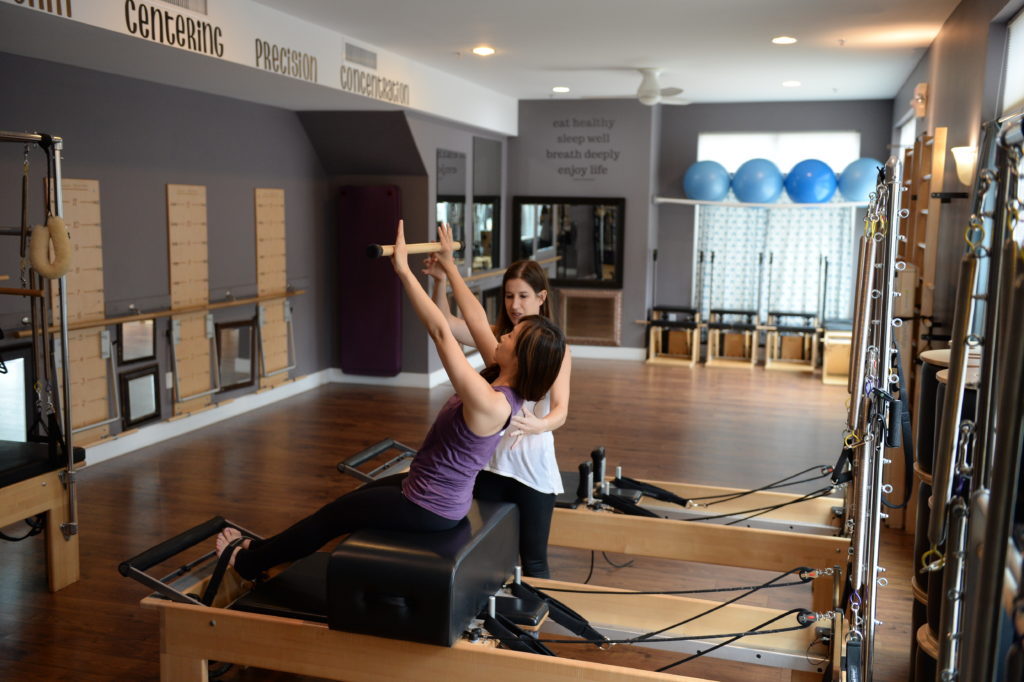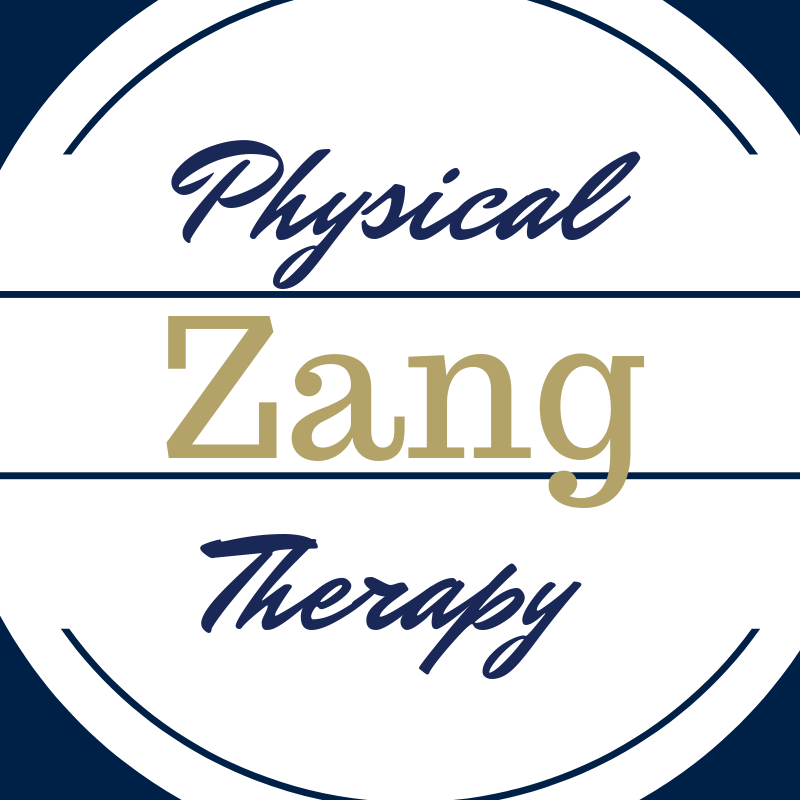Pilates? Yes, Pilates has been shown to be excellent for those with back issues. If you search the literature you will find quite a number (well over a hundred by now) articles discussing the benefits of Pilates for back pain.
For those who are unfamiliar with Pilates, this method of exercise can seem intimidating. However, it can be tailored for ages 9-99 and adjusted for individuals with any number of muscle or joint issues.
The foundation of Pilates is centered around 6 principles: centering, concentration, control, precision, breath, and flow. The Pilates Method works very well for someone who lives with daily back pain or is seeking to prevent it from returning.
An important thing to consider is the type of Pilates performed…mat or equipment. “Mat Pilates is actually the most difficult because of all it requires compared to using the equipment, which provides an assist to the person doing the exercise” says Allison Zang, owner of Absolute Pilates. “Using the machines enables a program to be better tailored for the individual while keeping in mind any muscle or joint issues they may have.”
For those unsure, here is what one Pilates enthusiast had to say: “Starting as a skeptic, I became a believer. I thought how this “gentle” form of exercise—which, to me, looked a lot like lying on machines—could boast such big benefits. I was able to gently stretch and strengthen muscles of my back and all those that support my back. I found flexibility where I needed it without causing excessive or unnecessary pain in the process.”
The lead here was how Pilates helps back pain, right? So just how does it do that? Well, the goal of Pilates is to improve muscle strength, flexibility, and control. Sounds like 3 good things for our body in general, Right? And for the person with back pain, each of those components are highly important and can be the difference of living with daily pain or not.
Another Pilates believer, Lori, had this to say about how Pilates help her, “After having two back surgeries in ten years, I became afraid to exercise. I was just too afraid of making the pain I still had worse. Then I discovered Absolute Pilates, it was exactly what I needed to put my fears at ease. I could get individual attention. The instructors understood the body and at all times put safety first. After taking classes for about a year now, the changes have been life-changing. I am much stronger and do not have daily pain anymore. I feel mentally better and look forward to my classes.”
And Mary has one more thing to add about how Pilates helped her back issues, “I have historically suffered from lower back pain because I do a sedentary desk based job. Since going to Pilates class I have virtually no back pain at all. What I particularly like about Pilates it is very focused on core strength while continually focusing on good technique.”
So, there you have it…3 stories of but thousands of folks who found relief of their back pain through Pilates. As was stated there is a big difference between mat and equipment Pilates. There is and will be a difference based upon instructor to student ratio and level of instructor training (not all are created equal). If you are someone with back troubles, you should not begin your journey in a large group class. Private or individual attention to begin with is important. There are basic principles to learn to keep you safe and help guide you to a better place with your back.
For those who still have concerns regarding their back, consulting with a physical therapist who has true knowledge of the Pilates Method can be of value. In fact, there are a good many exercise principles from a physical therapy standpoint that can be blended into a good Pilates program. That, plus physical therapists know the human body and movement better than most other professions and will be able to guide or make any necessary instructions to a Pilates instructor to maximize your experience.
So, are you someone who has not found relief of back pain with other conventional means? Looking for a way to get active again and stop taking pills? If so, then maybe Pilates would be worth exploring.
